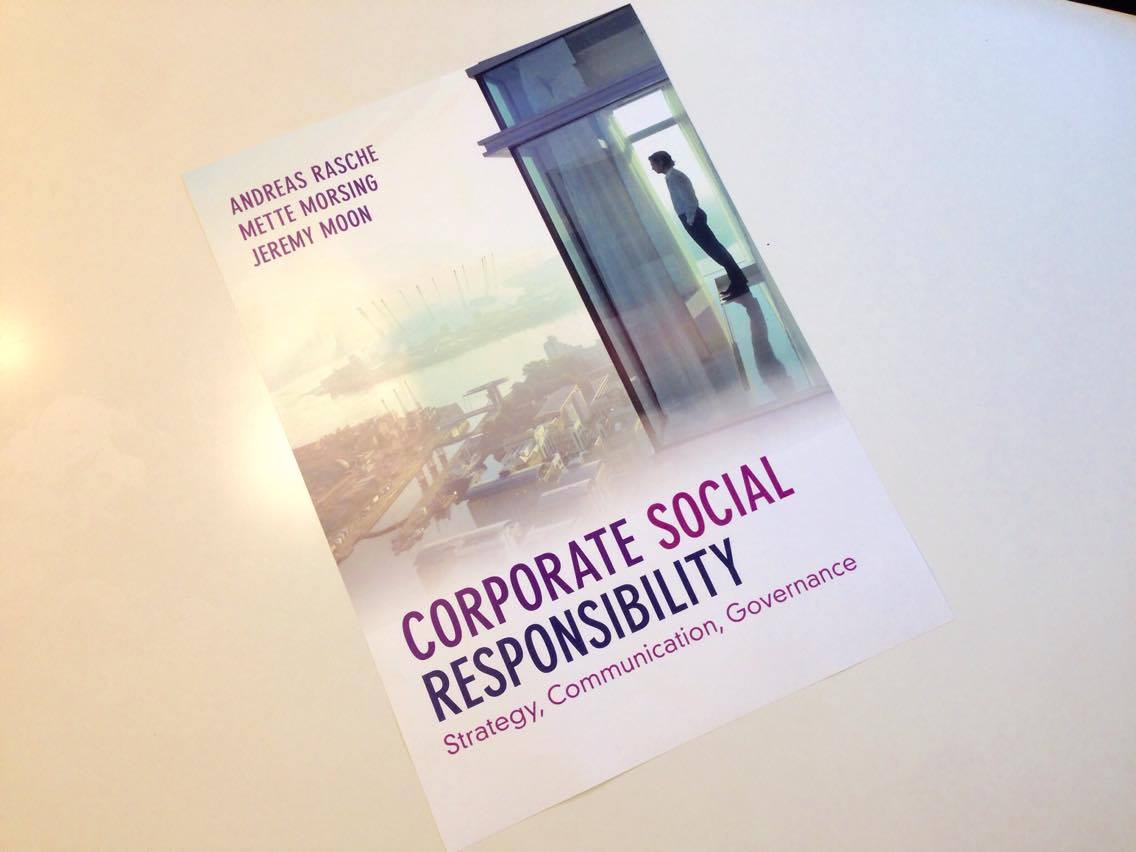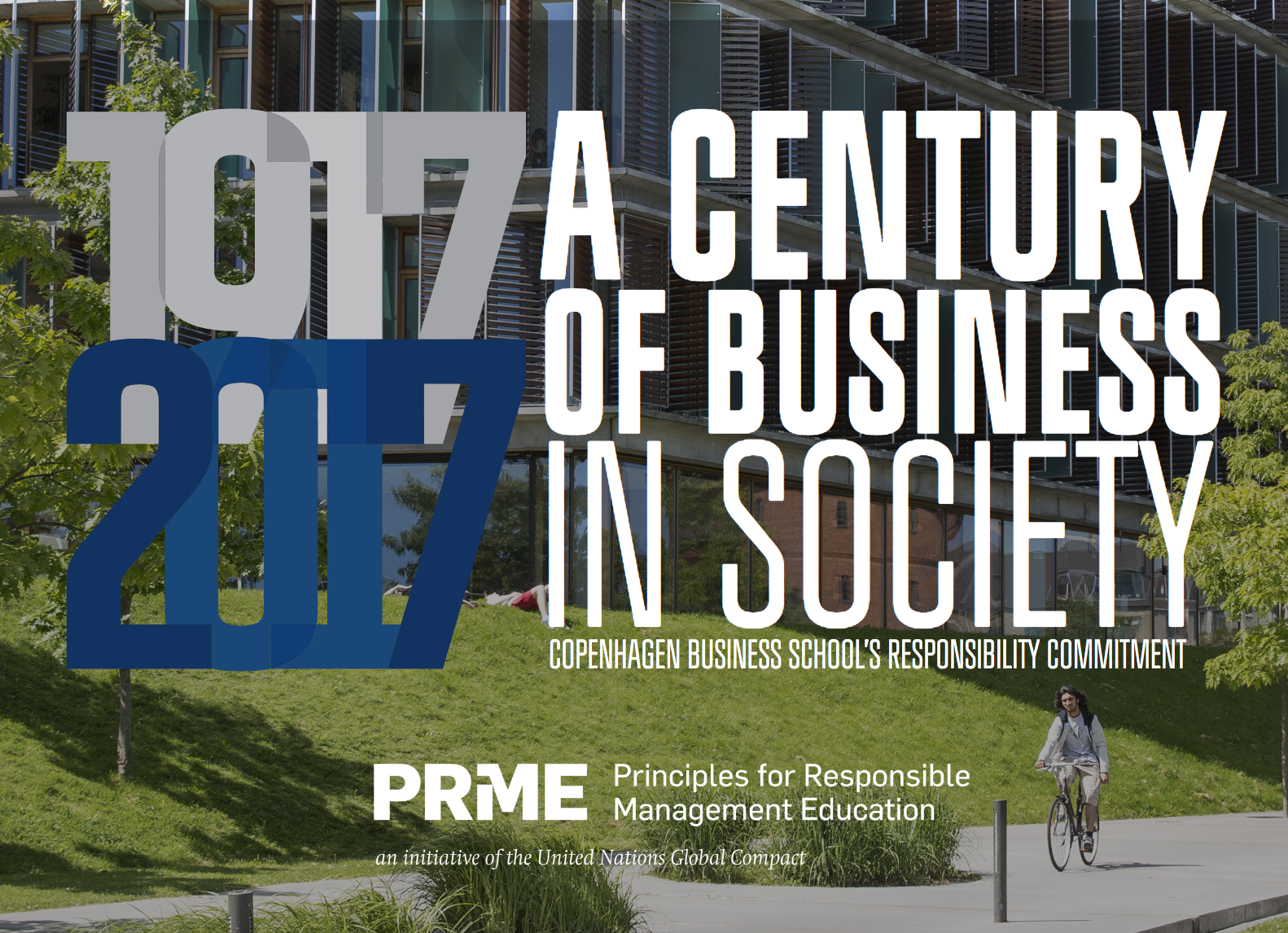By Michael Etter.
How do we determine if an organization behaves in a socially acceptable way? This question is highly relevant and not easy to answer. If we want to hold organizations accountable for their actions, we need to know what the norms are, against which we measure organizational behaviour. But how do we define these norms? And how do we make sure to include a variety of experiences, opinions, expectations, and values, when judging organizational behaviour? In a recently published article, my colleagues and I argue that social media and big data analytics might provide us with a possible answer to these questions.
When assessing the social acceptance of organizations, researchers typically consult one of three sources that make judgments about organizations visible: News media, accreditation bodies, and survey-based rankings. While well established in the academic literature, these sources are limited in their ability to account for the heterogeneity of norms and values of post-modern societies. In the following I will explain why.
Institutional evaluators represent homogenous norms and particular agendas
There is a general agreement that news media influence and reflect the public perception of acceptable corporate behaviour. As institutional evaluators news media are crucial for the identification and evaluation of organizational conduct and – even more so – misconduct. News media can therefore be seen as a public forum, where socially acceptable behaviour is constantly negotiated and defined. However, we have to remind ourselves that only a few privileged actors can actively participate and shape this forum. In fact, the possibilities for most citizens to express their experiences, views, and opinions in news media are limited.
Furthermore, news media only report certain events about certain organizations, while leaving others untouched. Indeed, the complex process of news production is determined by several selection processes, editorial routines, professional norms, and institutional constrains that substantially influence the expression and negotiation of judgments about organizations. For these reasons news media give only limited indication for the heterogeneity of experiences, opinions, values, and norms of wider parts of society.Accreditation bodies are a second source that gives indication, if organizations behave in a socially acceptable way. Accreditation bodies define the norms and standards, according to which organizations should conduct their business. If corporations fail to meet these standards, they are visibly downgraded, delisted, or otherwise sanctioned.
The judgments of organizational behaviour by accreditation bodies are typically based on balanced evaluation criteria that are established by experts. From a critical point of view, however, it can be argued that these judgments only partly represent the views of a wide array of civil society actors. In fact, even if standards include the inputs from certain stakeholder groups, these groups will represent merely their own agendas. As a result, again, accreditation bodies give only limited indication for the multifaceted expectations, opinions, views, and experiences of ordinary citizens.
Finally, researchers have used survey based measures to assess the public perception of corporate behaviour. Surveys can provide a representative picture about the opinions of certain societal groups. Nevertheless, surveys face several methodological challenges, such as social desirability bias or lacking knowledge about certain organizations. Furthermore, predefined evaluation criteria run the risk to miss or overemphasise certain aspects of organizational behaviour. This means, again, that survey based measures give only limited indication for the expectations, opinions, views, and experiences of ordinary citizens.
The value(s) of digital finger-pointing
Now, can social media provide a solution for these shortcomings? We believe that social media can at least complement the picture. In our article, we discuss how social media can give a more direct and inclusive access to a plurality of voices and opinions of ordinary citizens. This is the case, because social media are increasingly used by a variety of civil society actors to express their views, interpretations, and experiences.
Obviously, the expression and negotiation of judgments in social media are subject to various selection biases and power dynamics. Recent attention has been paid to “echo chambers”, where the plurality and negotiation of opinions are distorted, because everybody seems to have the same opinion and talking about the same topic. These filter bubbles form, because individuals tend to connect and surround themselves with individuals who have similar views. Technological filters and algorithms have further magnified the effects of these filter bubbles. Other biases are related to varying use of social media, self-censorship, and the tendency to promote a desirable self-image, which leads to selective behaviour when voicing opinions. Nevertheless, we argue that the voiced opinions and views substantially shape the ongoing discussions and give insights into a diversity of concerns and (niche-) conversations that need our attention.
Finally, one can argue that the expression and negotiation of judgments in social media is highly influenced by news media. However, recent developments in the political arena, such as the unexpected election of Donald Trump or Brexit, have shown that traditional news media are not always a good indicator for the opinions of large parts of society.
We therefore deem it valuable to include the digital finger-pointing in social media, when assessing the judgements about organizational behaviour. With new tools of big data analytics we can access and include every single opinion from the millions of public voices and therefore account for a large heterogeneity of norms, values, expectations, and experiences.
Michael Etter, PhD, is a Marie Curie Research Fellow at Cass Business School, City University London.
Pic by Ky, Flickr



